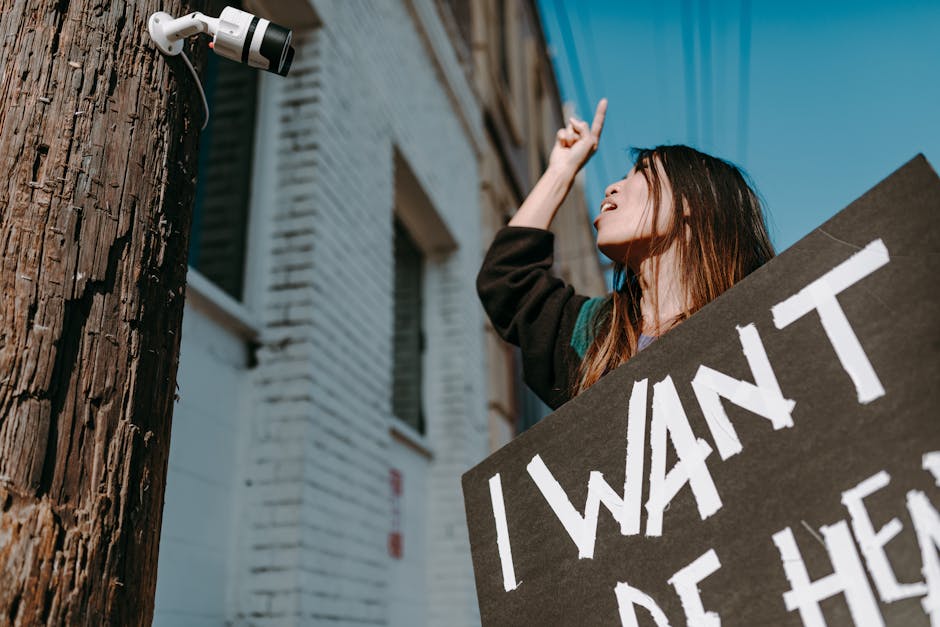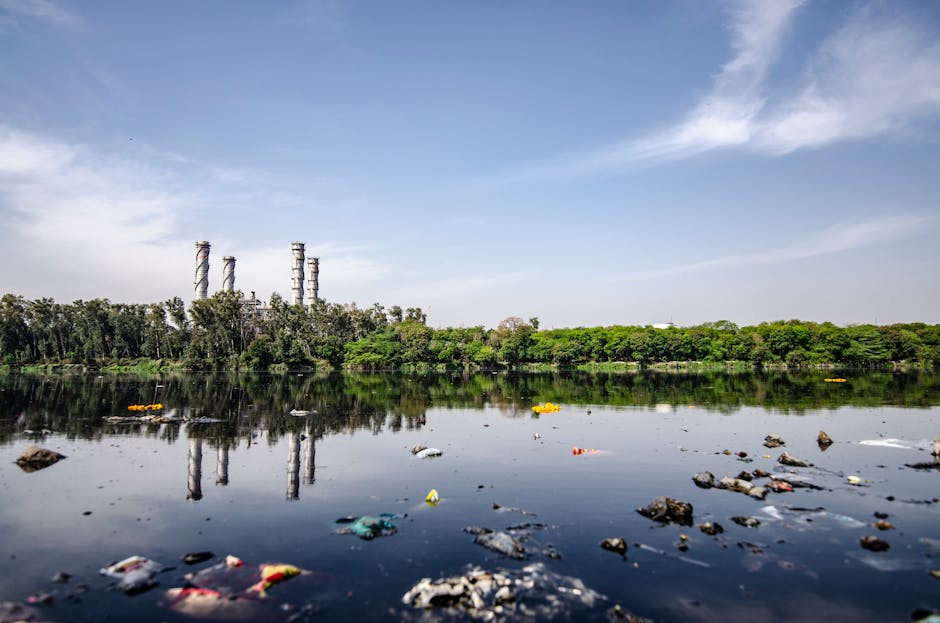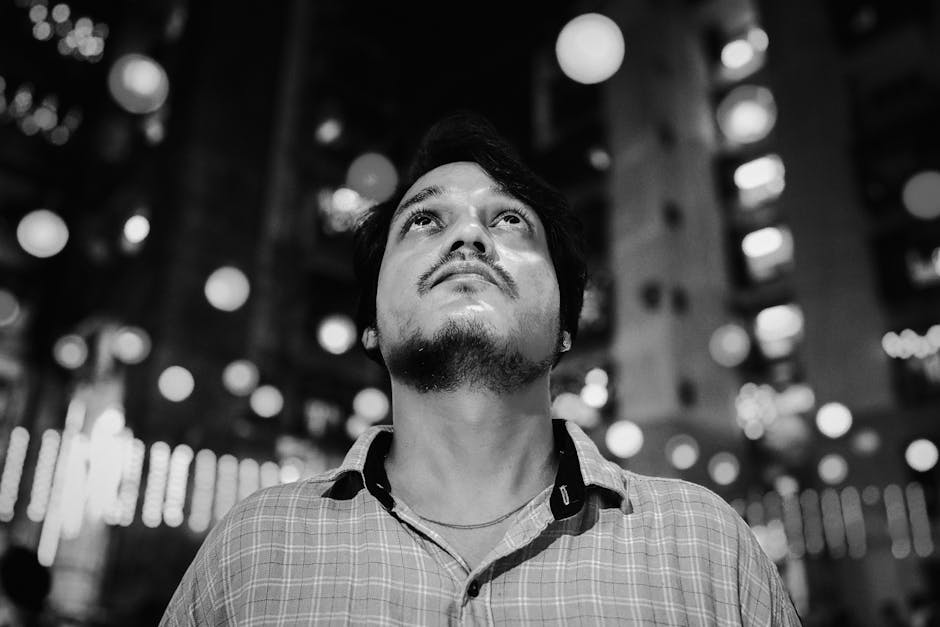The Emergence of a Shadowy Federal Police Force
In a move that has sent shockwaves through the corridors of democracy, the Trump administration is reportedly constructing a clandestine federal police force that operates with little oversight and alarming levels of aggression. This shadowy entity, which has already been deployed in cities like Portland, Oregon, and Washington, D.C., has raised serious concerns about the erosion of civil liberties, the militarization of law enforcement, and the potential for abuse of power.
Controversial Tactics and Public Outrage
The emergence of this force, largely composed of officers from agencies like Customs and Border Protection (CBP) and the Department of Homeland Security (DHS), has been marked by a series of controversial and often violent incidents. In Portland, unidentified federal agents in unmarked vehicles were seen detaining protesters without explanation, sparking outrage and comparisons to authoritarian regimes. Critics argue that these tactics are not only unconstitutional but also a blatant attempt to suppress dissent and intimidate citizens exercising their First Amendment rights.
Lack of Transparency and Accountability
The lack of transparency surrounding this force is particularly alarming. Officers often refuse to identify themselves or the agency they represent, and there is no clear chain of accountability for their actions. This has led to widespread confusion and fear among protesters and local officials alike. Portland Mayor Ted Wheeler, a Democrat, has condemned the federal intervention, calling it an “attack on our democracy” and demanding the withdrawal of these forces from his city.
Legal and Constitutional Concerns
Legal experts have also raised red flags, pointing out that the deployment of federal agents in this manner violates the Posse Comitatus Act, which restricts the use of military forces for domestic law enforcement. While the Trump administration has justified its actions as necessary to protect federal property and maintain order, many see it as a thinly veiled attempt to escalate tensions and project an image of strongman leadership ahead of the 2020 presidential election.
Implications for Civil Liberties and Democracy
The implications of this shadowy force extend far beyond the streets of Portland. Civil rights organizations warn that such tactics could be replicated in other cities, creating a chilling effect on free speech and assembly. The American Civil Liberties Union (ACLU) has filed lawsuits challenging the administration’s actions, arguing that they represent an unprecedented overreach of federal power.
A Diversion Amid National Crises
Moreover, the timing of this development has raised eyebrows. With the country grappling with a pandemic, economic crisis, and widespread protests against racial injustice, the Trump administration’s focus on deploying a secretive police force has been seen as a diversionary tactic. Critics argue that instead of addressing the root causes of unrest, the administration is choosing to militarize the response, further polarizing an already divided nation.
The Role of the Department of Homeland Security
The role of DHS in this operation has also come under scrutiny. Once primarily focused on counterterrorism and border security, the agency has increasingly been used as a political tool to enforce the administration’s agenda. This shift has alarmed former DHS officials, who fear that the agency’s reputation and effectiveness are being compromised.
A Focal Point of National Debate
As the November election approaches, the existence of this unaccountable federal police force has become a focal point of the national debate. Opponents of the administration argue that it represents a dangerous slide toward authoritarianism, while supporters defend it as a necessary measure to restore law and order.
The Future of Democracy in the United States
Regardless of one’s political stance, the creation of such a force raises profound questions about the future of democracy in the United States. Will this trend continue unchecked, or will Congress and the courts intervene to restore accountability? For now, the streets of America’s cities remain a battleground, not just between protesters and police, but between the principles of freedom and the specter of unchecked power.
The stakes could not be higher. As the Trump administration doubles down on its controversial tactics, the nation must confront a fundamental question: How far are we willing to go in the name of security, and at what cost to our liberties?




